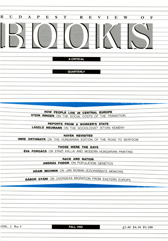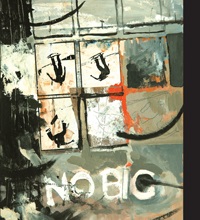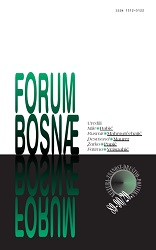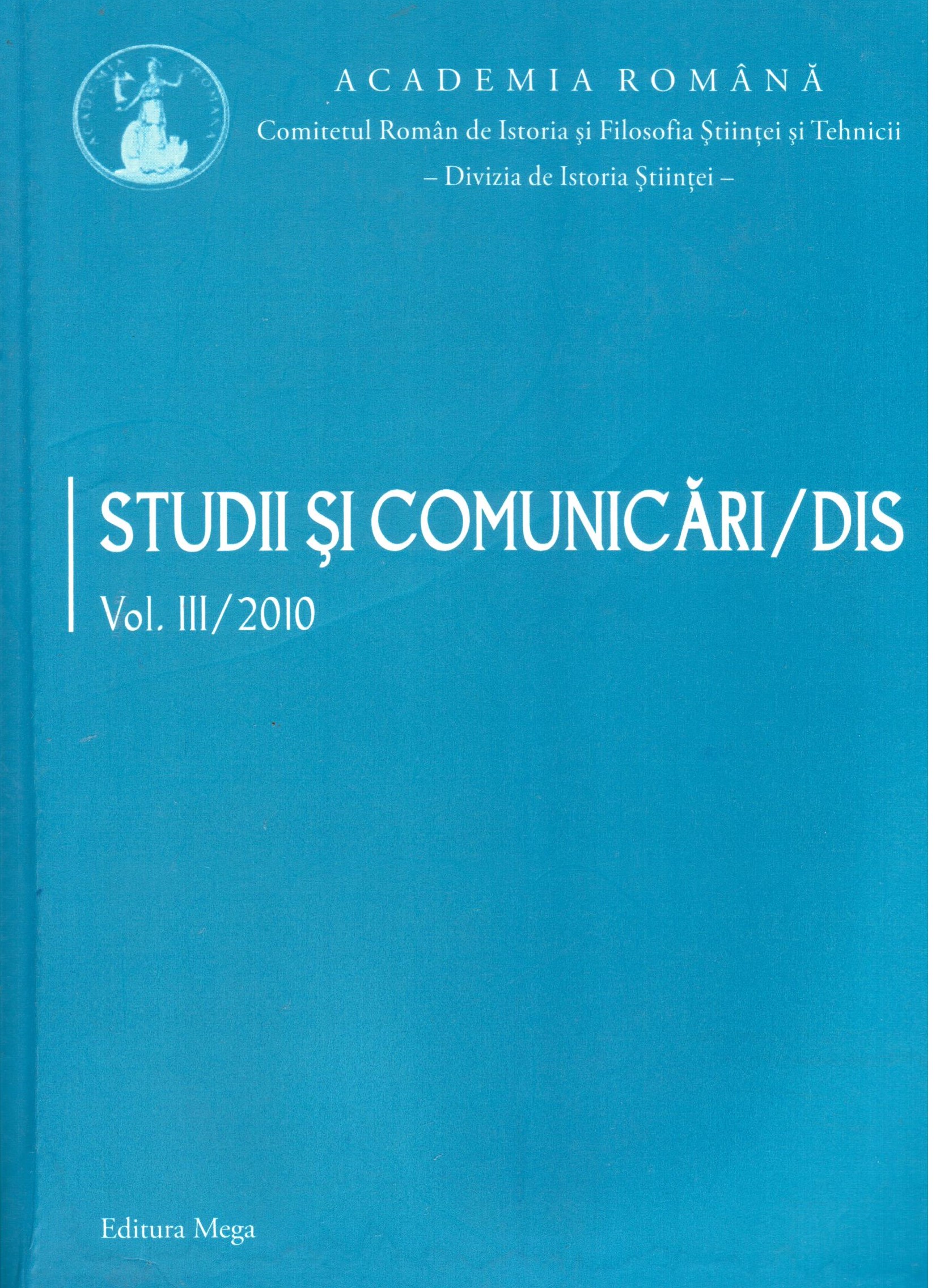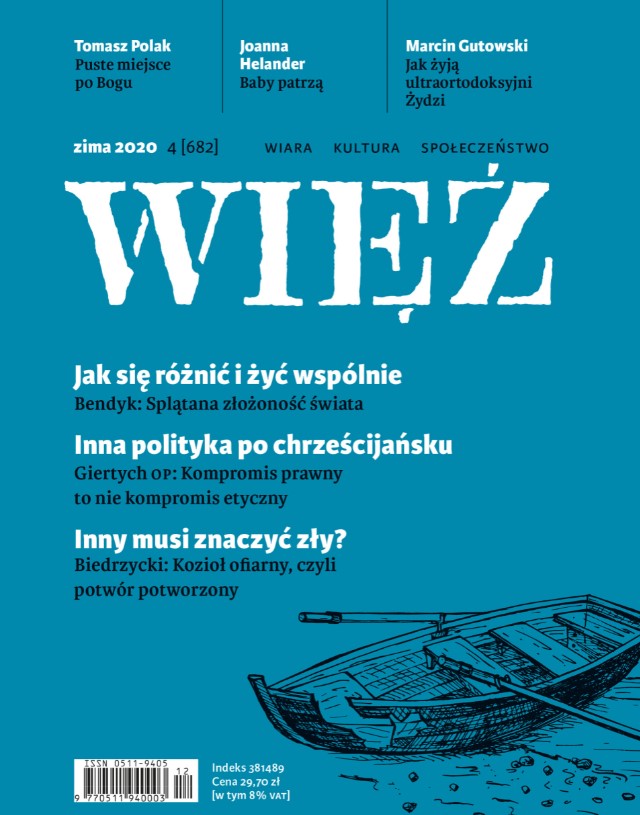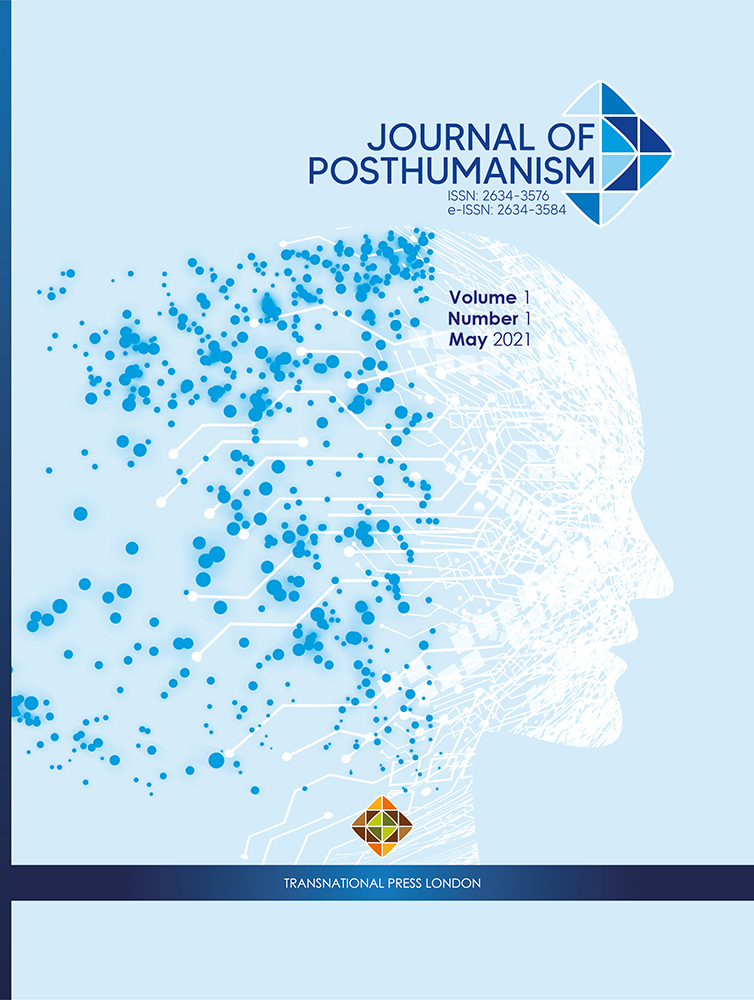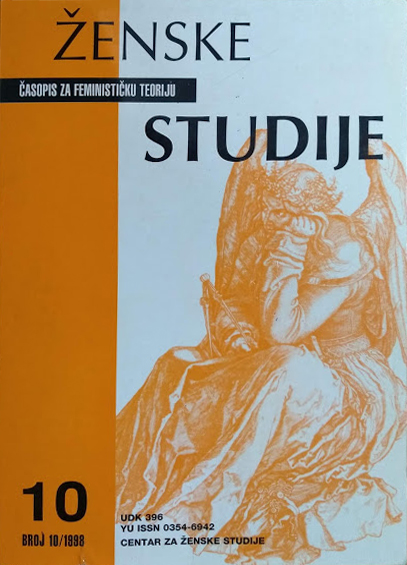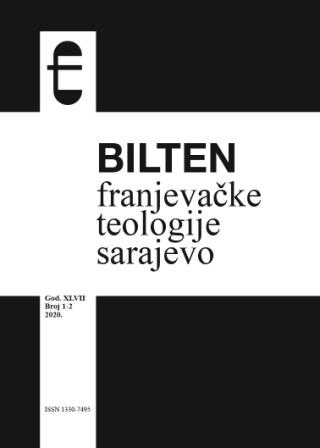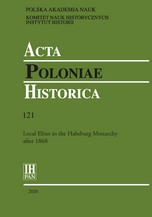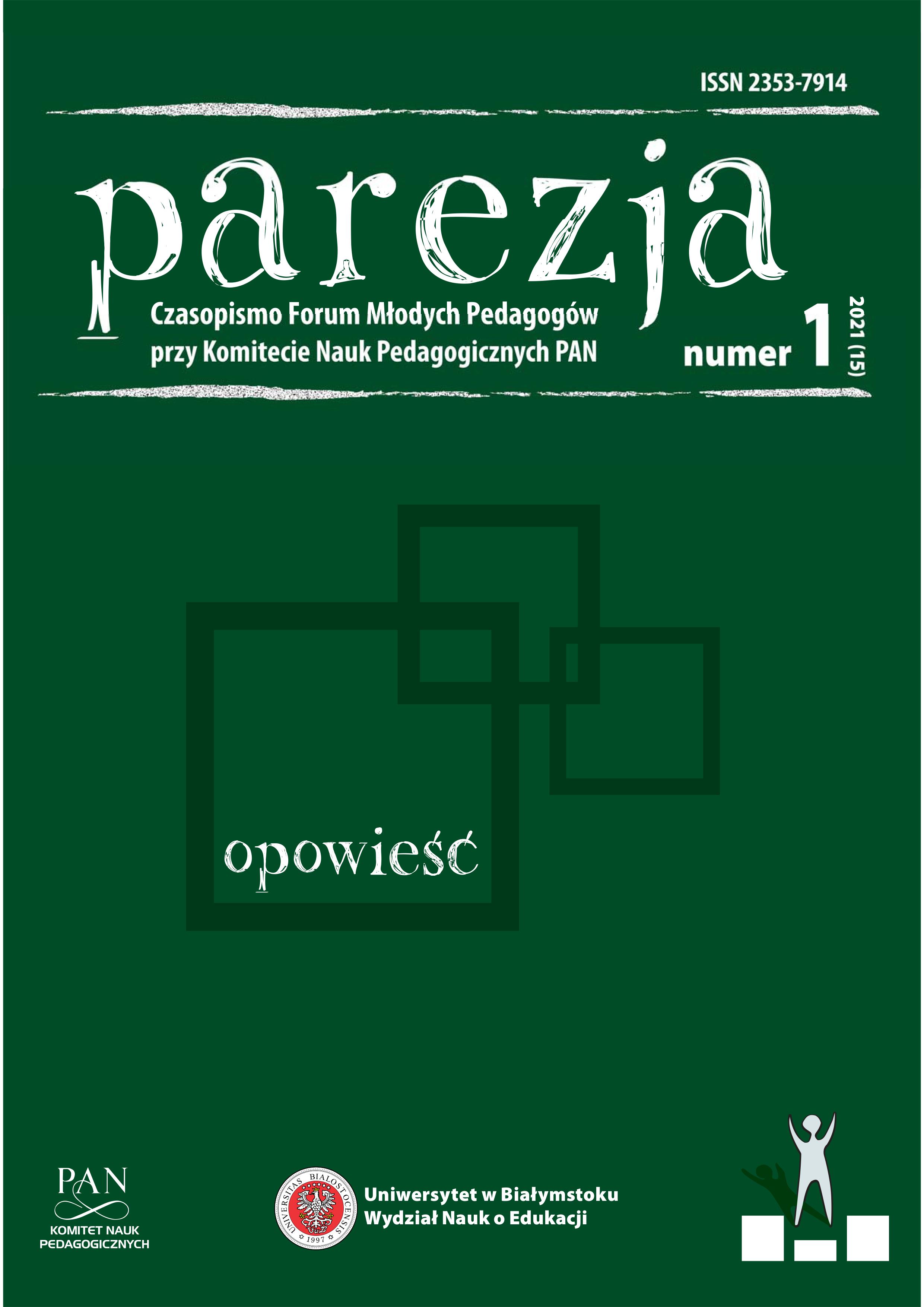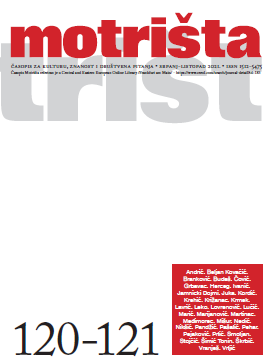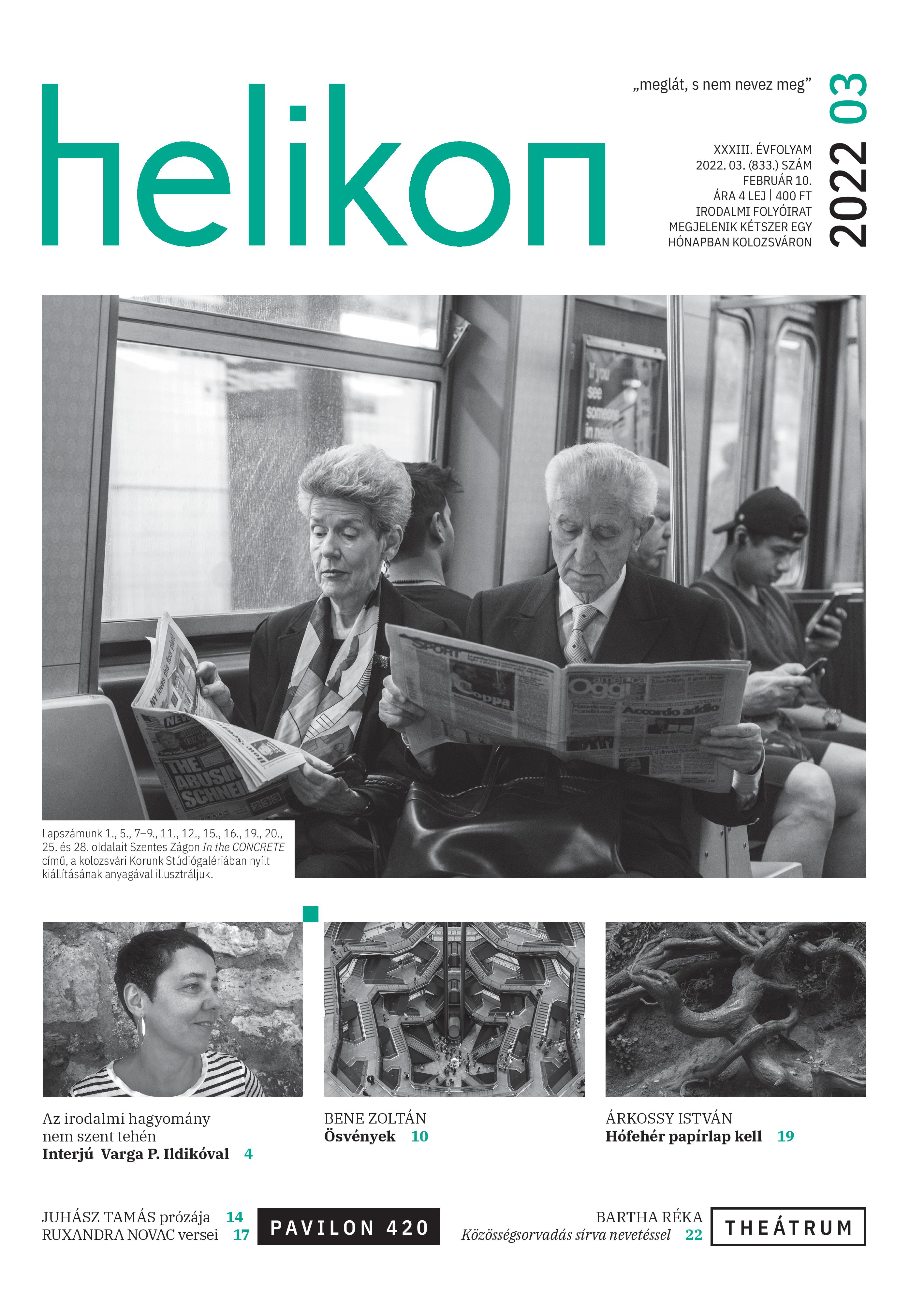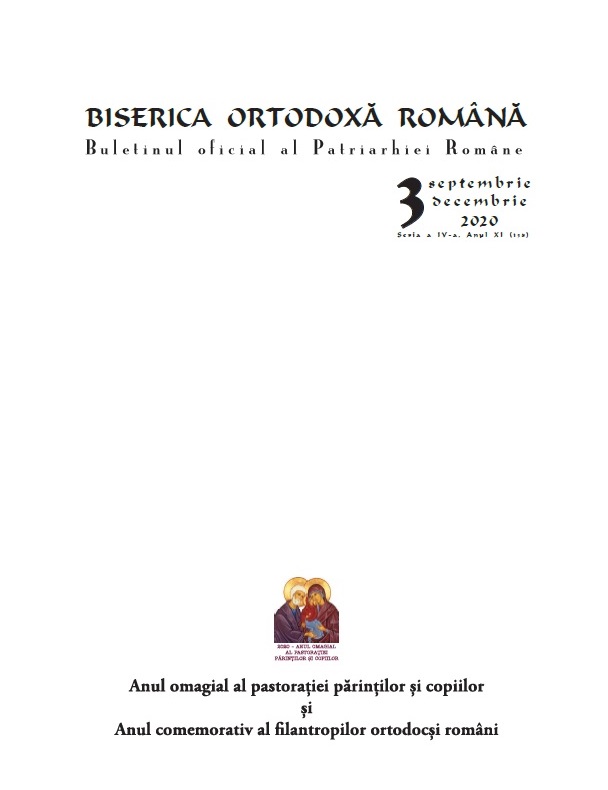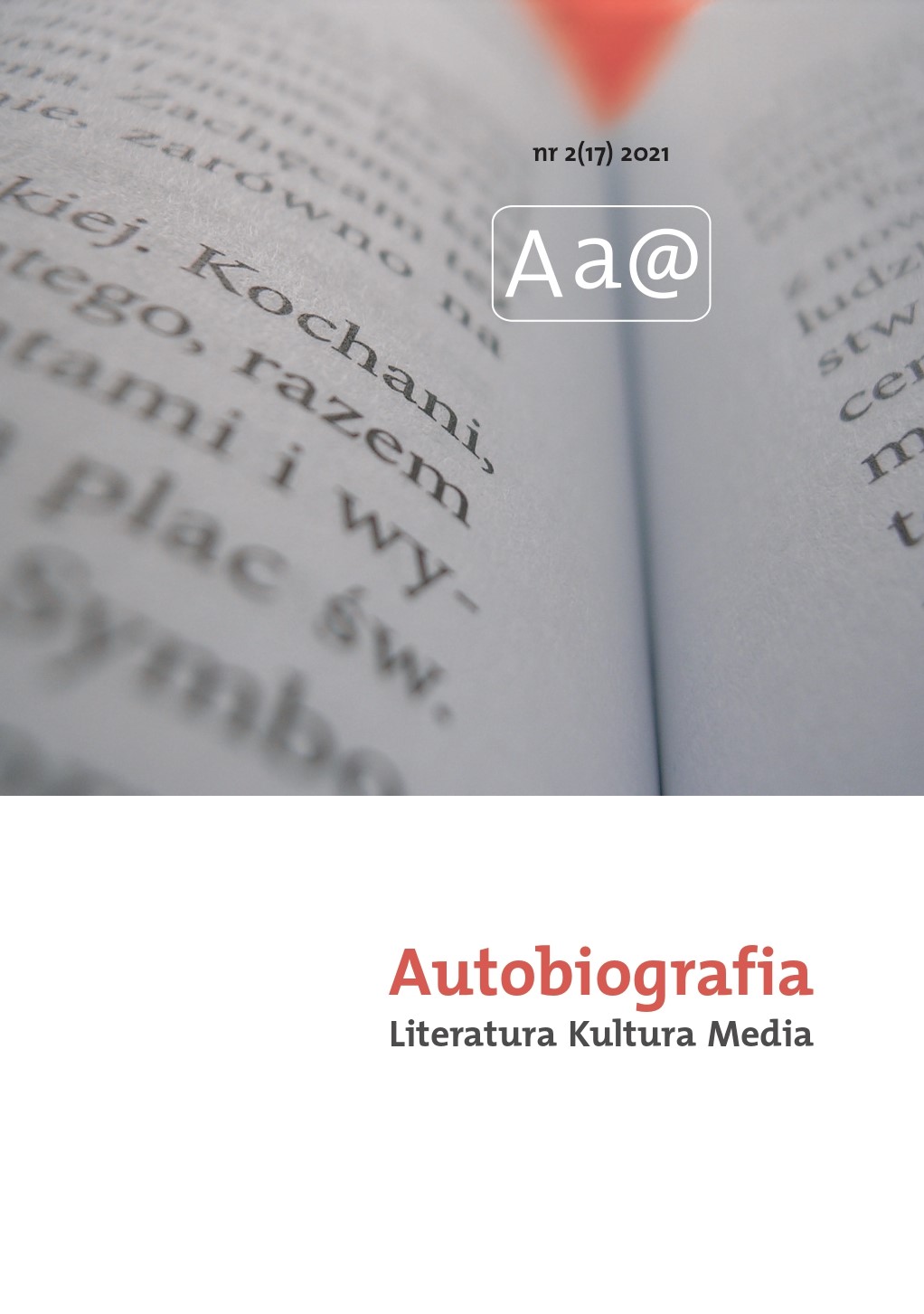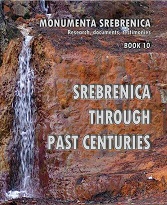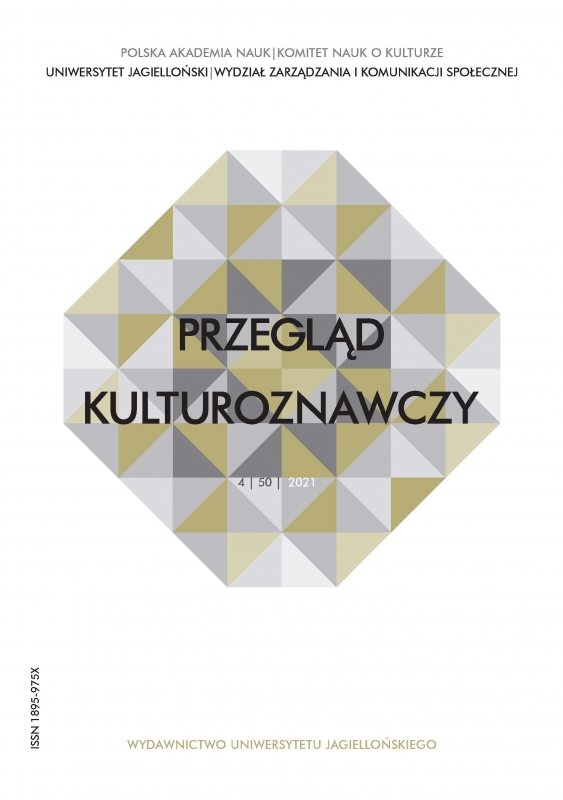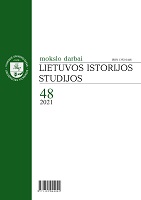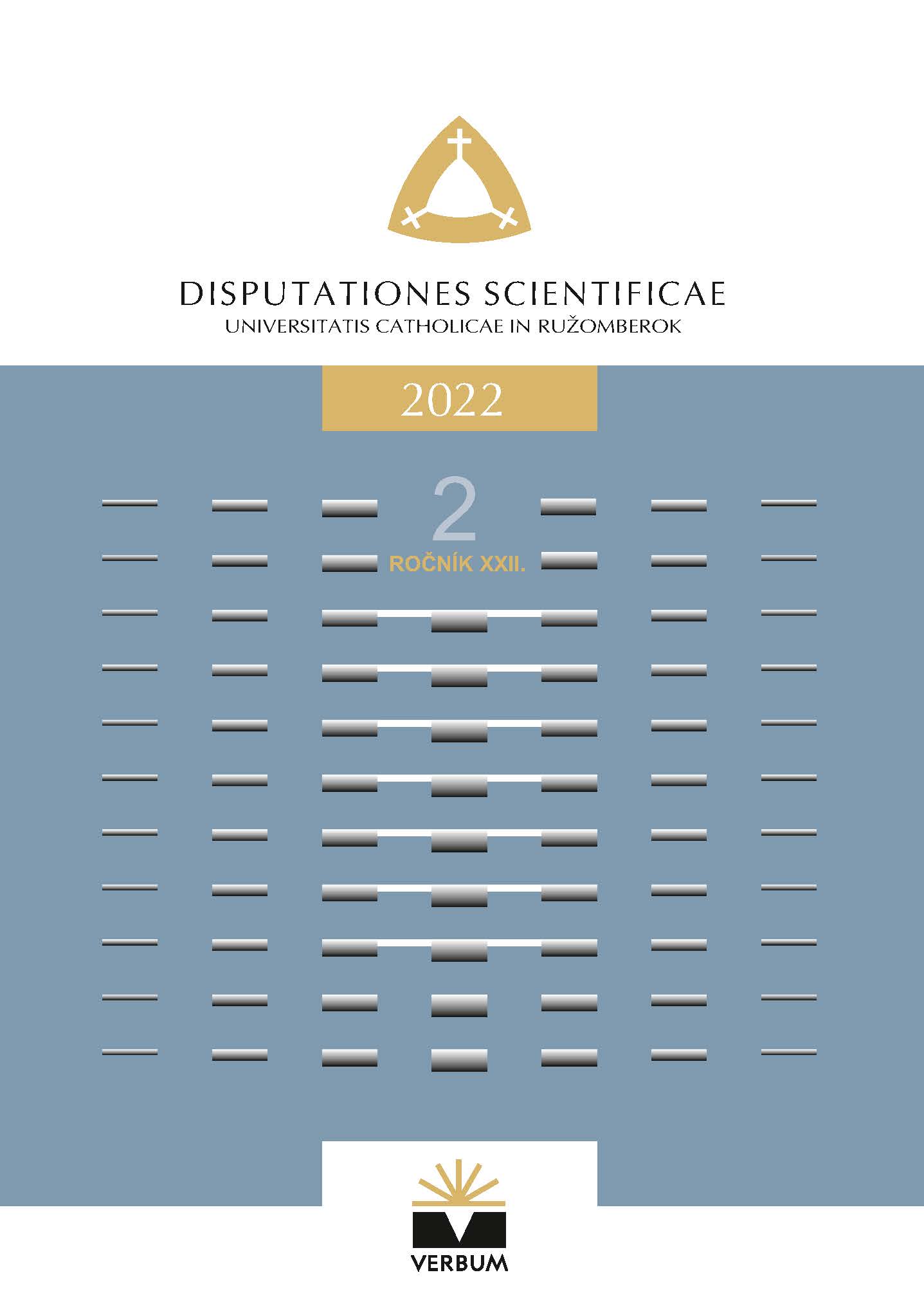Author(s): His Beatitude Daniel Patriarch of Romania / Language(s): Romanian
Issue: 3/2020
The news of the departure from this world of our beloved brother in Christ Patriarch Irinej of Serbia, brought sorrow to the hearts of all who knew him and appreciated his steadfastness in the Orthodox faith and the love and wisdom with which he served the Serbian Orthodox Church, in particular, and Orthodoxy, in general. From the moment of his election as Primate of the Serbian Orthodox Church in 2010, the wise Patriarch Irinej understood the times he was living in, in a period of rapid political and social transformation, not only in Serbia, but throughout Europe and the world. The way in which he led the Serbian Orthodox Church strengthened its major role in the life of Serbian society, thus, contributing to the rapprochement of the Church to the people and the people to the Church. He militated for preserving and promoting the faith and values of Orthodoxy in a society affected by secularisation. Following the prayer of our Lord Jesus Christ “that all may be one” (John17:21), His Beatitude Irinej distinguished himself as a defender and supporter of both pan-Orthodox unity and inter-Christian and inter-religious efforts for dialogue. In this regard, Patriarch Irinej actively participated in important inter-Orthodox meetings, including the works of the Holy and Great Synod of the Orthodox Church (Crete, June 2016) and the meeting of Primates and representatives of the local Orthodox Churches (Amman, Jordan, February 2020). In the last days of his earthly life, the words of the Holy Apostle Paul: Now Irejoice in my sufferings for you, and in my flesh I fulfil the afflictions of Christ, for Hisbody, which is the Church (Colossians 1:24) acquired a very special, personal significance, in the context of the pandemic caused by the new coronavirus, which affected millions of people, including many of the servants of the holy altars. In these moments of sadness that the Serbian Orthodox Church and the entire Orthodoxy are going through, the words of our Saviour Jesus Christ encourage and strengthen us in our hope by His words: the one who believes in Me, even though he dies, will live (John 11:25). This faith in eternal life is a certainty for us, Christians, because Christ, the crucified and risen Son of God, conquered death and passed us from death to life, and gives rest, peace, and light to those who fell asleep in the faith. Therefore, we pray our Lord Jesus Christ, the High Priest of the good things to come (Hebrews 9:11), to establish the soul of Patriarch Irinej in the dwelling place of the saints, where there is no pain, nor sorrow, nor suffering, but life everlasting. Together with the hierarchs, clergy and faithful of the Romanian Orthodox Church, we address to the Holy Synod of the Serbian Orthodox Church, the clergy and the entire faithful Serbian people, entrusting them of our brotherly love, esteem and compassion.
More...
